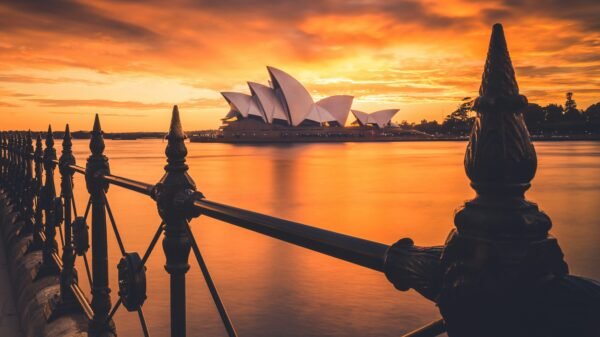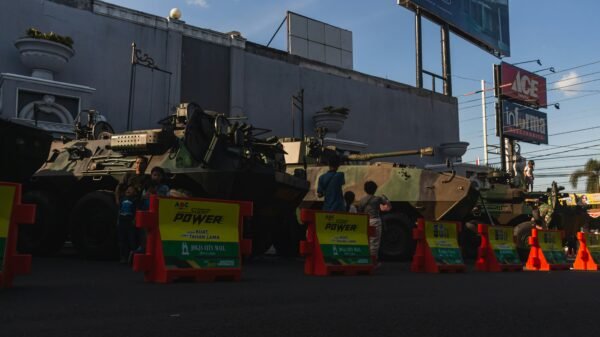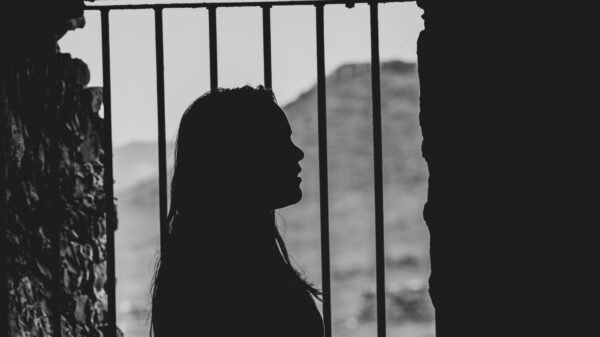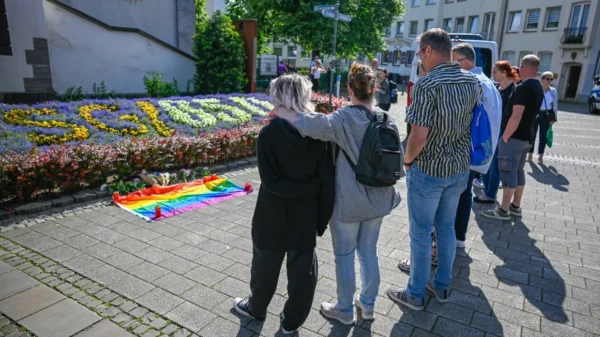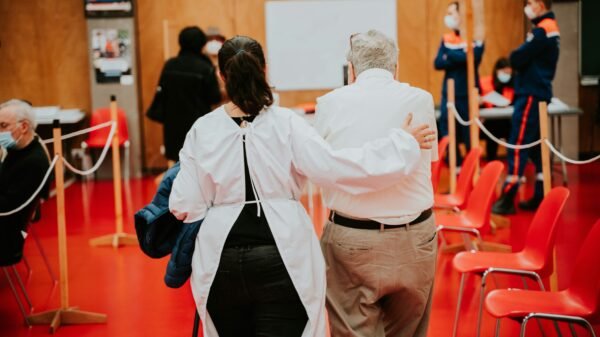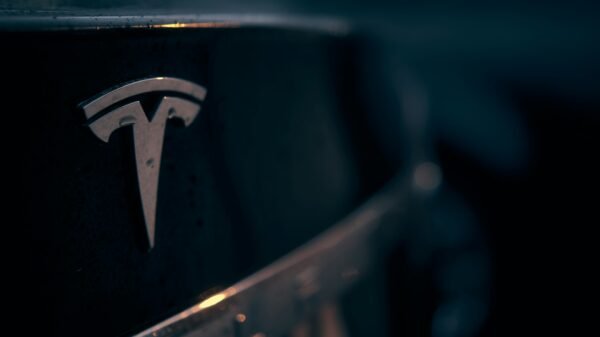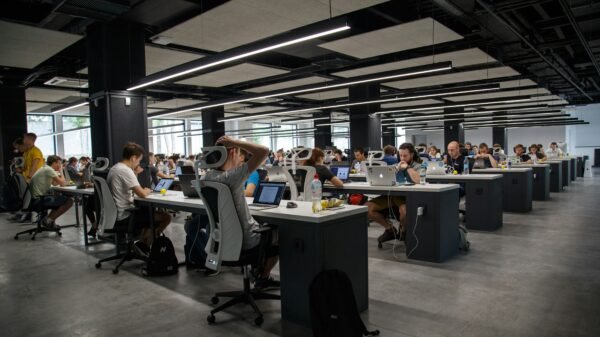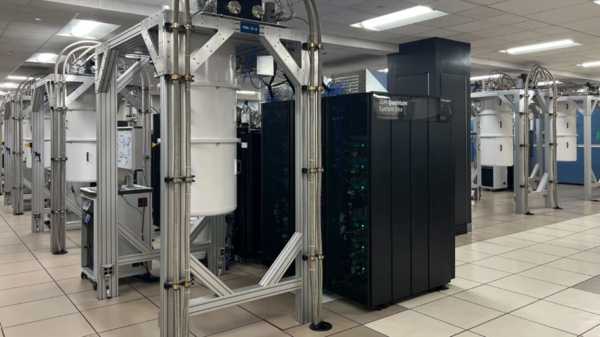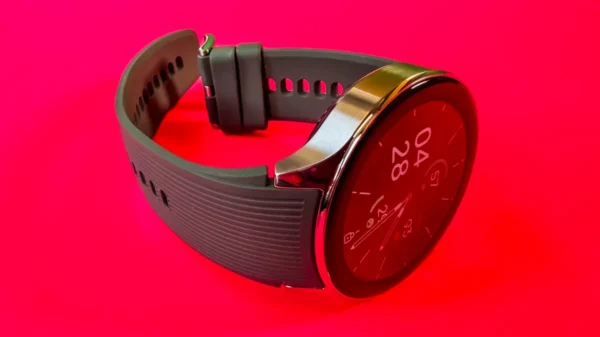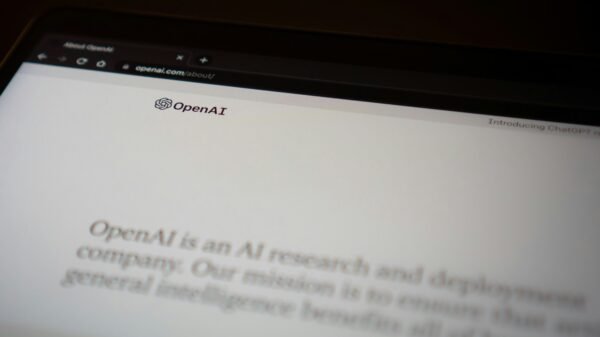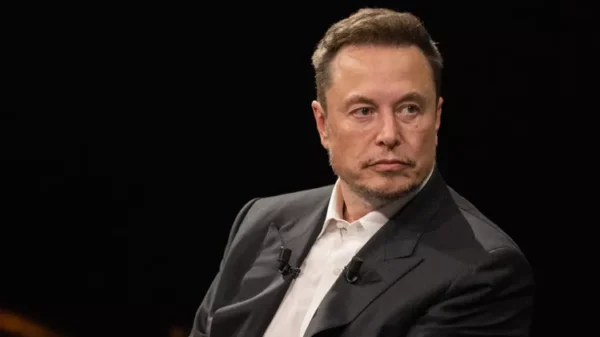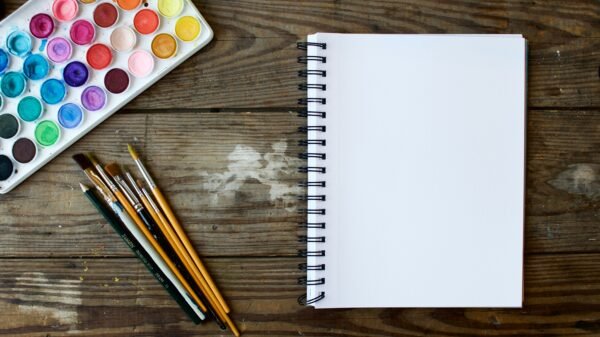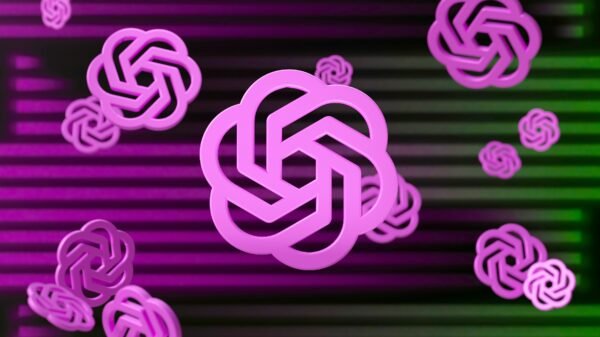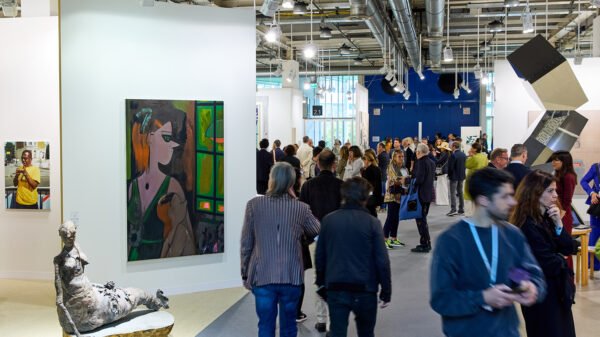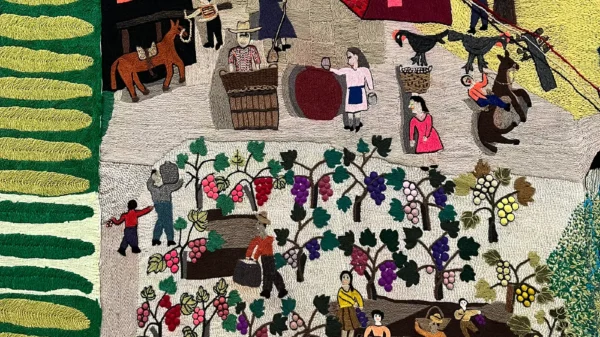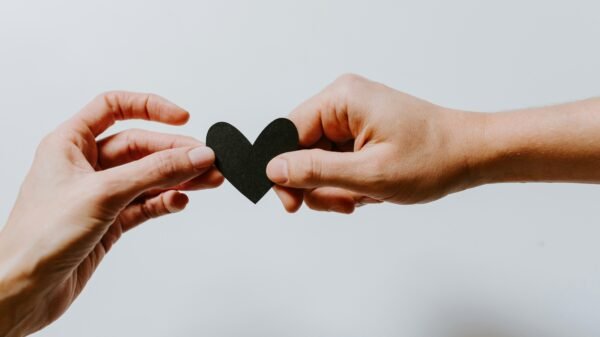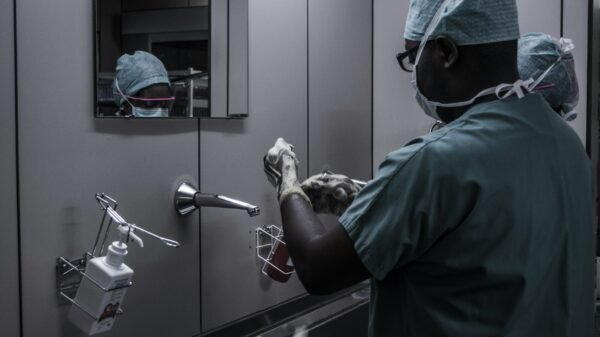The Rise of AI in Art
The integration of Artificial Intelligence (AI) in the art world has created a significant buzz over the past few years, with AI-generated art becoming more prevalent in galleries and exhibitions worldwide. While AI has opened new possibilities for creative expression, it has also sparked a heated debate about the nature of creativity, originality, and the role of technology in the creative process. As AI systems become more sophisticated, these discussions are only intensifying, dividing artists, collectors, and critics.
Originality and Authorship: A Growing Controversy
One of the central controversies surrounding AI in art is the question of authorship. Traditional art is deeply personal, with the artist’s vision and hand being integral to the work. In contrast, AI-generated art is created through algorithms, often drawing from vast datasets of existing works. This has led critics to question whether AI art can truly be considered “original.” If an AI-generated piece is heavily influenced by thousands of pre-existing works, who is the true author—the artist who programmed the AI, the machine itself, or the creators of the works the AI learned from?
The Role of “Data Poisoning” in Challenging AI Ethics
In response to the ethical concerns raised by AI-generated art, some artists are engaging in “data poisoning.” This technique involves corrupting or sabotaging the datasets that AI systems rely on to create art, intentionally introducing flawed or misleading data. The aim is to disrupt the machine’s learning process, thereby questioning the validity of AI as a creative tool. This form of protest highlights the tension between traditional and AI-generated art, forcing a conversation about the ethics of using AI in a domain historically governed by human intuition and emotion.
The Ethical Debate: Is AI a Creative Partner or a Tool?
The ethical implications of AI-generated art extend beyond originality and authorship. Some argue that AI is simply another tool, like a paintbrush or camera, that artists can use to enhance their work. Others see AI as an autonomous entity, one that challenges the notion of what it means to be an artist. This debate raises larger philosophical questions about the future of creativity: Will AI ever be capable of true artistic expression, or will it always be bound by the limitations of its programming and the data it is fed?
The Impact on the Art Market
AI-generated art has already made its mark on the art market, with works selling for substantial sums at auction houses. However, this success has been met with mixed reactions. While some collectors and curators see AI art as a groundbreaking new medium, others view it with skepticism, questioning whether the value of these pieces is inflated by novelty rather than artistic merit. As AI technology evolves, the art market will need to address the long-term value and legitimacy of AI-generated works.
The Future of Creativity: Where Do We Go from Here?
As the debate over AI in art continues, the future of creativity remains uncertain. AI’s increasing role in the art world forces society to reconsider the definitions of art, creativity, and authorship. While some see AI as a threat to traditional artistic practices, others believe it can coexist with human creativity, offering new tools and perspectives for artists to explore. What remains clear is that the conversation surrounding AI in art will only grow more complex as the technology continues to evolve.
Conclusion: A New Era for Art?
AI in art represents both an exciting frontier and a significant challenge for the art world. As artists experiment with this new medium, the debates surrounding originality, authorship, and ethics will continue to shape the future of creativity. Whether AI becomes a dominant force in art or remains a controversial tool, its influence on the creative process is undeniable, signaling the beginning of a new era in art.


